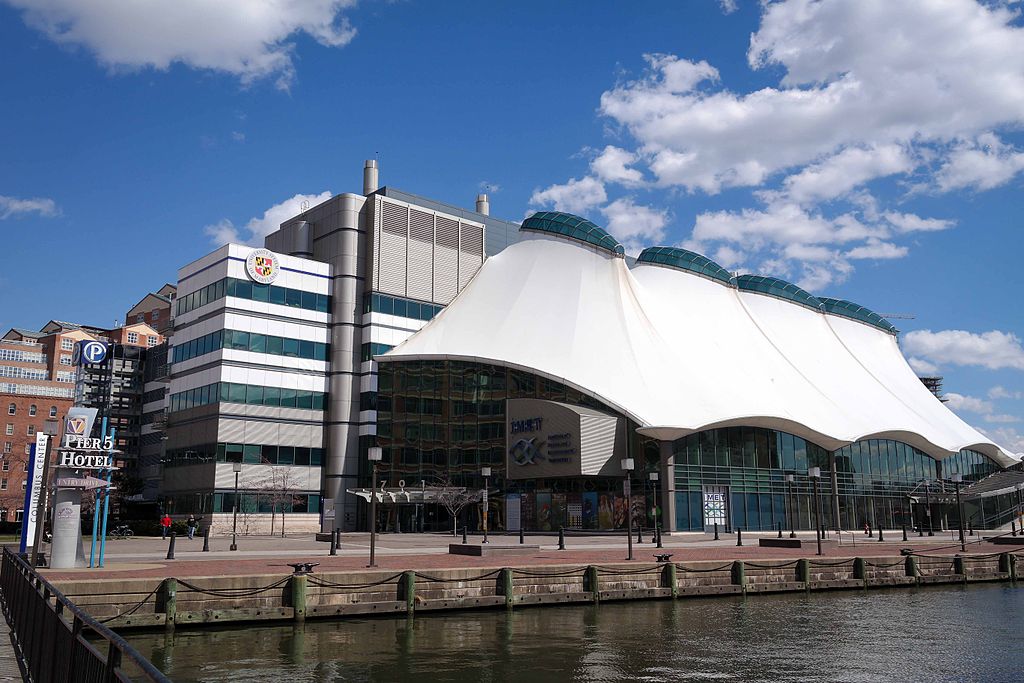Inner Harbor-based biotech company PathSensors develops tests for pathogens using technology licensed from MIT-Lincoln Laboratory, called CANARY. Using genetically engineered biosensors, or immune cells, the tests can detect the presence of a disease-producing agent in a specific environment.
Now it is turning its focus toward the disease-causing agent behind the new coronavirus.
This week, PathSensors said it’s developing a biosensor that will be designed to detect the pathogen associated with the new coronavirus that is causing the global pandemic. The test, which will be using the CANARY technology that emits light when a pathogen is found, is being developed to detect the coronavirus in five minutes.
The company expects the test to be available for research purposes in May, with validation data available in June.
PathSensors President Ted Olsen said the test will have two initial applications: air monitoring and environmental swabs to take samples from surfaces.
When it comes to air monitoring, Olsen said past outbreaks like MERS in South Korea had instances of transmission in high-traffic areas. Given how easily COVID-19 is spreading and social distancing procedures to limit it, that conversation is front and center in the current pandemic.
Testing these areas for the presence of the disease “will help organizations properly quarantine as well as help to pinpoint instances of human-to-human transmission for public health professionals tracking the spread of the disease,” Olsen said.
Environmental swabs can be taken before or after decontamination of rooms and materials. It ensures that the virus isn’t present on surfaces.
“This is important since it is shown in NIH studies that the virus can remain infectious on cardboard for 24 hours and on plastic and stainless steel for two to three days,” Olsen said. “Confirmation of decontamination with an environmental swab will reduce the risk of accidental transmission.”
The company, which has a team of 21 people and is based in Columbus Center, is working on product development and will then test it in containment labs.
“We are also looking at short-term technology extensions that would expand our surface swab testing into a three-minute test of human nasal swabs,” Olsen said. “We are exploring this clinical application with medical institutions with whom we have collaborative relationships.”
The company has previously developed tests for agents such as anthrax, orthopox, ricin and listeria, which have applications in efforts to protect against bioterrorism and the spread of food-borne illness.
Maryland is home to a cluster of biotech companies. Amid the pandemic, a group of 17 is turning its work toward developing tests, treatments and vaccines for COVID-19.
Join the conversation!
Find news, events, jobs and people who share your interests on Technical.ly's open community Slack

Baltimore daily roundup: Medtech made in Baltimore; Sen. Sanders visits Morgan State; Humane Ai review debate

Baltimore daily roundup: The city's new esports lab; a conference in Wilmington; GBC reports $4B of economic activity

Baltimore daily roundup: Find your next coworking space; sea turtle legislation; Dali raided and sued


